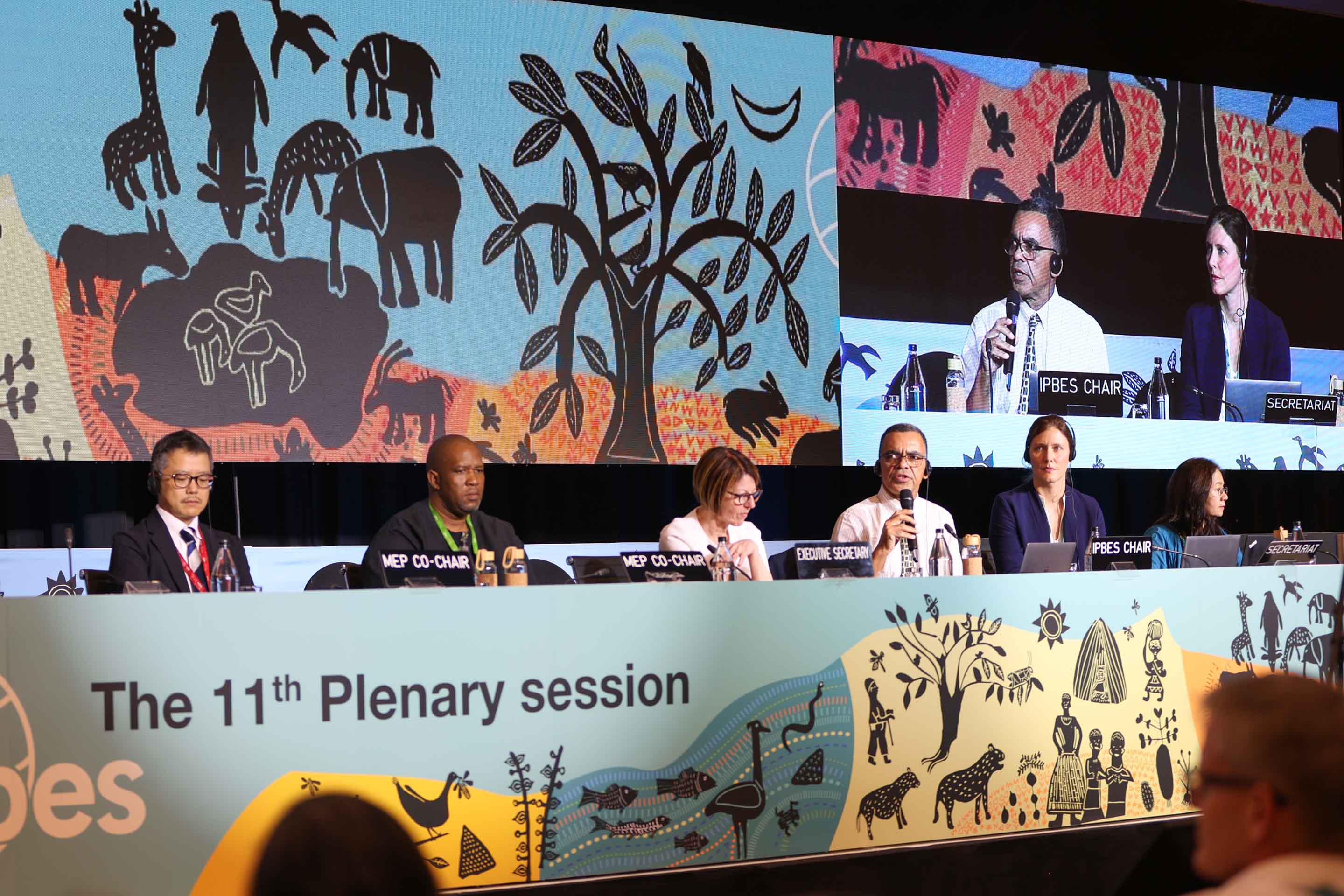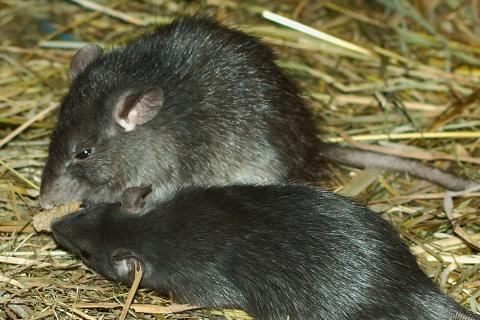Described as the ‘IPCC for biodiversity’, the Intergovernmental Science-Policy Platform on Biodiversity and Ecosystem Services (IPBES) has published two new reports on biodiversity, health and society. Both were endorsed at the 11th Plenary Session of the body, held from 10-16 December 2024 in Windhoek, Namibia, and attended by representatives of nearly 150 IPBES member states.
One of the reports is the Nexus Assessment, which explores the interconnections between biodiversity, water, food, health and climate change, offering concrete response options. It also explores the costs of inaction and of failing to address multiple crises together.
‘The case of the Valencia dana is a paradigmatic case,’ explained Marta Rivera Ferre, co-author of chapter 1 and research professor at INGENIO (CSIC-UPV), at a briefing organised by SMC Spain. According to the expert, with the dana, in addition to the cost of reconstruction, it should be considered whether it is an opportunity to do it from a ‘nexus’ approach, that is, interconnecting all parts of the phenomenon. ‘The cost of inaction is greater than the cost of having prevented and developed strategies at the time with such an approach, which at the time seemed to us to be measures that could be very costly and now we know that they were crumbs compared to what it will cost,’ added Rivera from Namibia.
The Nexus Assessment - which involved 165 experts from 57 countries and is based on more than 6,500 references - highlights the importance of nature in different spheres, including economics. The study estimates the value of global economic activity in 2023 generated by nature-dependent sectors at around $58 trillion, or more than 50 % of GDP.
‘Practically all socio-economic activities depend on nature,’ said Virginia Alonso Roldán, lead author of chapter 5 and researcher at the Patagonian Institute for the Study of Continental Ecosystems (CONICET). Alonso recalled that all activities require energy and have impacts on nature through the use of that energy. ‘I would even say that 50 per cent [of GDP] is conservative, because we all, in every measure, depend on the well-being of nature for our well-being,’ she added.
Changes for a just and sustainable world
The second of the reports adopted by the plenary was the Transformative Change Assessment, which details the reorganisation needed in technology, economics and society to achieve a just and sustainable world. It also examines the underlying causes of the biodiversity crisis and outlines concrete options for action.
‘The importance of this report comes from the fact that, despite the fact that we have been implementing nature conservation policies for many years now, nature is still under threat and at a point of near collapse,’ said Victoria Reyes García, lead author of chapter 5 and researcher at the Universitat Autònoma de Barcelona, from Namibia. According to the expert, this collapse goes beyond animal extinctions, extending to soils that lose their fertility or water that has to be treated in order to drink it, among many other consequences.
The Transformative Change Assessment - which involved 101 experts from 42 countries and includes more than 7,000 references - sets out four key principles to guide these changes: equity and justice; pluralism and inclusion; respectful and reciprocal relationships; and adaptive learning and action.
‘The idea is that we all have a role to play and that each of us, in our roles as policy makers, as individuals, as business leaders, can adopt changes that address the root causes of biodiversity loss,’ Reyes stressed.




